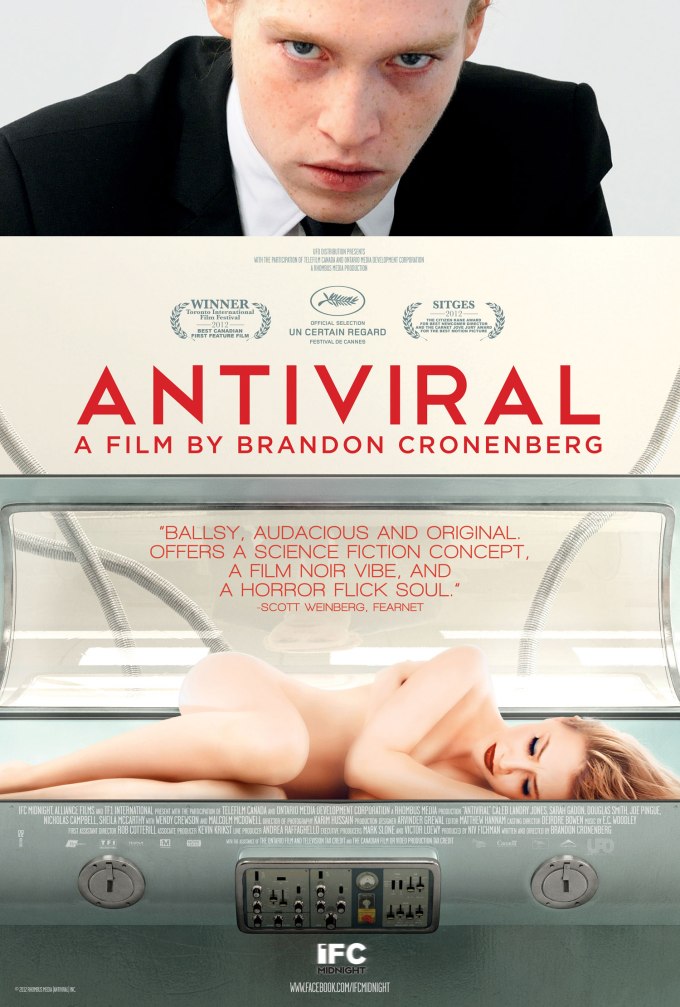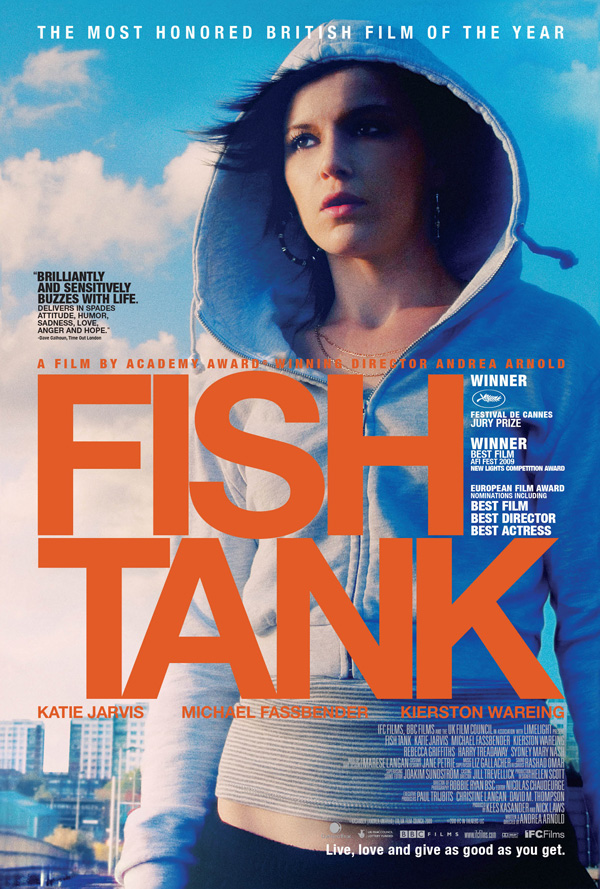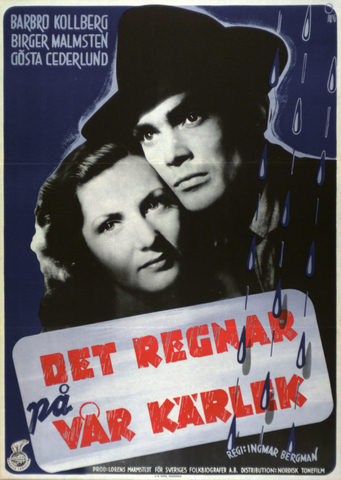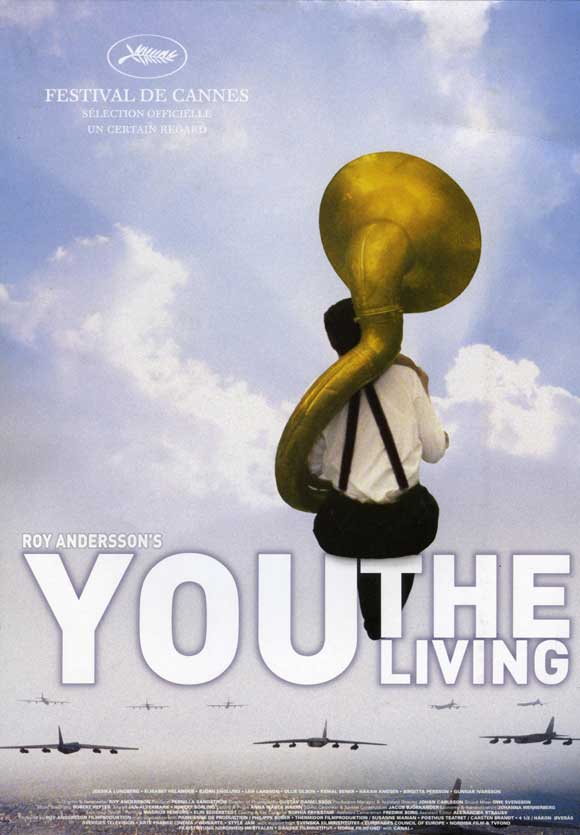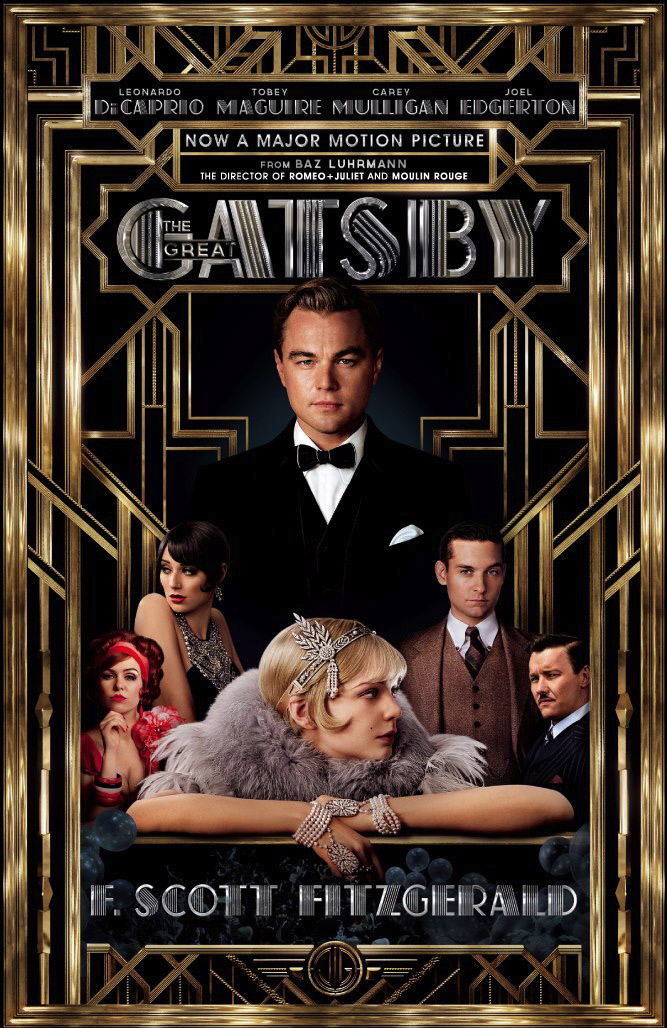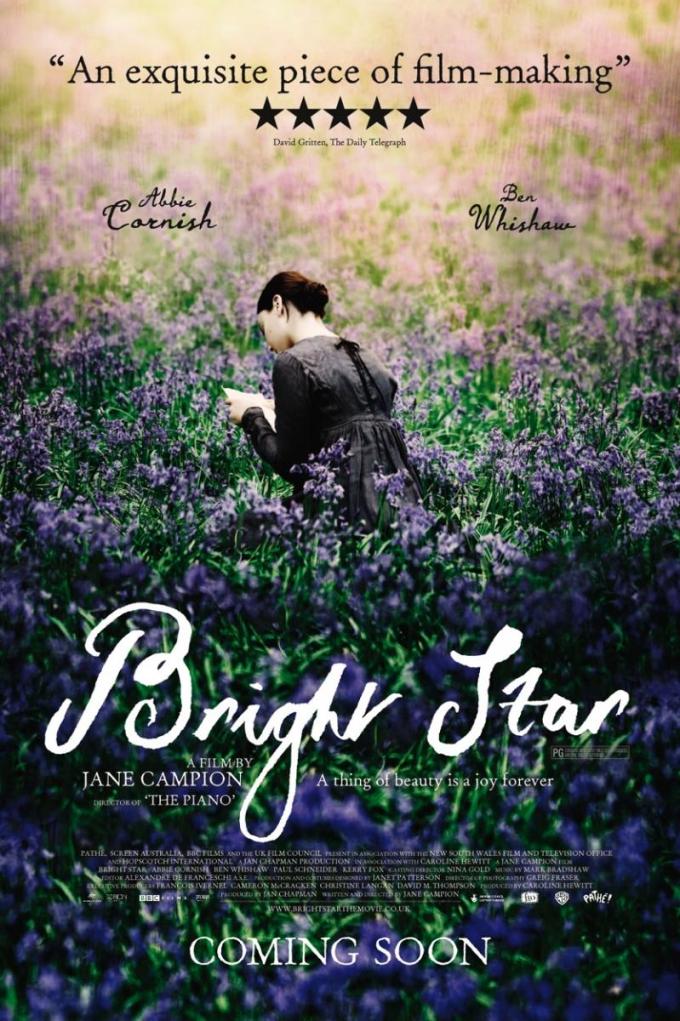
This underrated, near forgotten 2010 film from one of Israel’s most interesting directors, Guy Nattiv, is a triumph of complex characterisations, interwoven stories and the hardships of coming-of-age. In Mabul (The Flood), Nattiv turns the spotlight on a family in crisis. 13 year old son Yoni (Yoav Rotman) has his Bar Mitzvah fast approaching but he’s severely underprepared. His mother Miri (Ronit Elkabetz) and father Gidi (Tzahi Grad) are distant, each with their own inner wounds to tend to. Gidi is a pilot for the local village but has been suspended for the past six months, something he’s been unable to share with his son. Simultaneously he’s been losing himself to self-pitying reveries brought on by one too many marijuana hits.
Miri, her relationship with Gidi perhaps fatally soured, has begun an affair with the father of one of the children she cares for at her pre-school. To add further complication the couple’s mentally handicapped older son Tomer (Michael Moshonov) has now been forced upon them because the institution that has always cared for him has closed due to crippling financial hardship.
Nattiv and co-writer Noa Berman-Herzberg, expanding upon their 2002 short film of the same name, skilfully weave these various threads into an honest and coherent narrative in which each individual’s story is given space to breath. Moments of contemplation, illuminated against painterly widescreen framing, are movingly contrasted by moments of conflict as the escalating tensions begin to take their toll.
Ultimately Mabul is a story told through the eyes of Yoni however. His transformation is a neat one. At first he’s eager to skip adolescence and begin adulthood as a more imposing physical specimen. He writes fellow students’ homework assignments for money that he spends on protein supplements that he sadly imagines will speed up the process.
We empathise with his resentment when Tomer is first re-introduced into the family, causing frustration all round with his stubbornly resistant, non-communicative ways. On some level Yoni hates his brother but in time comes to perceive him in a different light – not only that of the freak who gets ridiculed by townsfolk in public but as his own flesh and blood.
There’s genuine redemption to be gleaned from the final act of Mabul as a series of rude awakenings solders the family unit together in moments of severe crisis. The film’s title alludes to the when-it-rains-it-pours philosophy of accepting life’s tribulations, though a literal cleansing, when it arrives, is especially symbolic for Yoni and his mother.
The writing of Nattiv and Berman-Herzberg is well-grounded and distinguished by its sensitivity; it displays the capacity to build believable character arcs for his creations – something that was evident in Nattiv’s feature debut, the excellent Strangers (2007). Mabul is a first-rate domestic drama and confirmation of its director’s talent.
The acting is superb, especially Roni Elkabetz who shown so brightly in one of Israel’s great modern films, The Band’s Visit (2007). But both young performers, Rotman and Moshonov, deserve special mention, never overplaying to the point where their portrayals stray into lopsided clichés that blackmail us into giving ourselves over to sentimentality.
